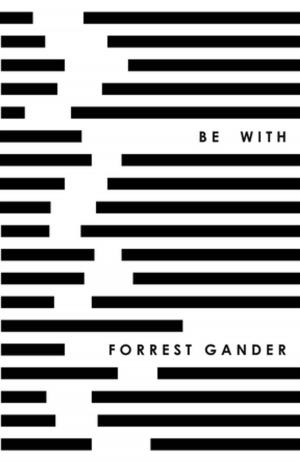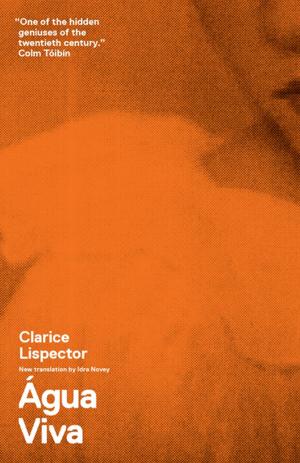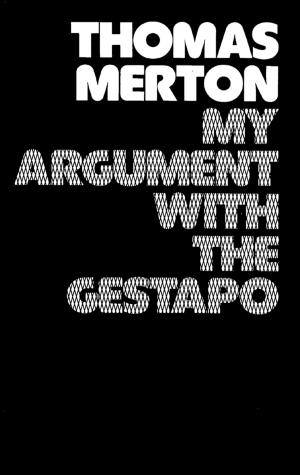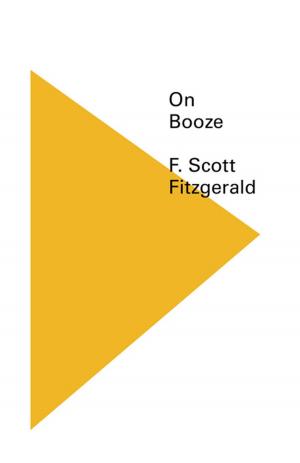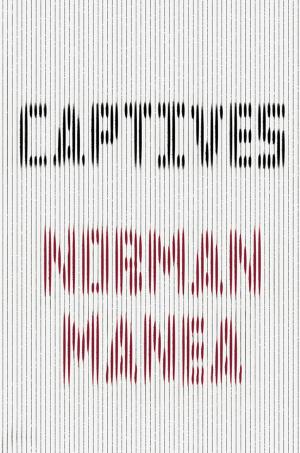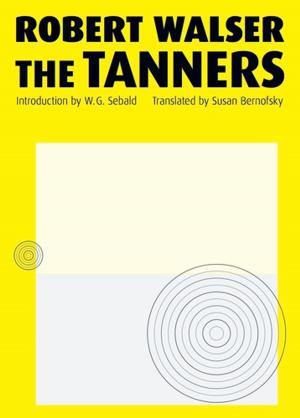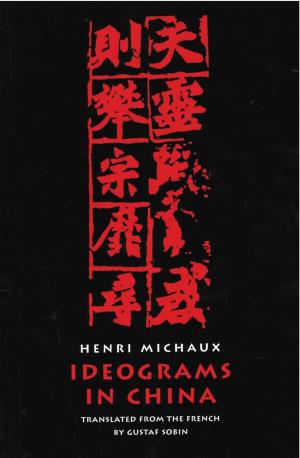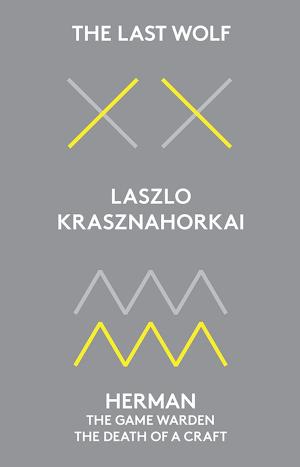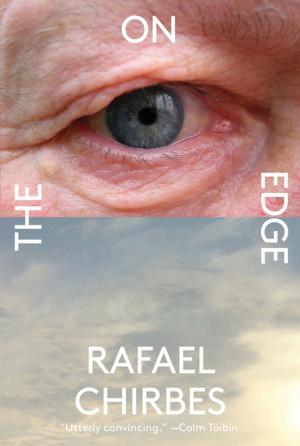| Author: | Yoko Tawada | ISBN: | 9780811223508 |
| Publisher: | New Directions | Publication: | May 26, 2009 |
| Imprint: | New Directions | Language: | English |
| Author: | Yoko Tawada |
| ISBN: | 9780811223508 |
| Publisher: | New Directions |
| Publication: | May 26, 2009 |
| Imprint: | New Directions |
| Language: | English |
“Tawada’s slender accounts of alienation achieve a remarkable potency.”—Michael Porter, The New York Times
A precocious Vietnamese high school student — known as the pupil with “the iron blouse”—in Ho Chi Minh City is invited to an International Youth Conference in East Berlin. But, in East Berlin, as she is preparing to present her paper in Russian on “Vietnam as a Victim of American Imperialism,” she is abruptly kidnapped and taken to a small town in West Germany. After a strange spell of domestic-sexual boredom with her lover-abductor—and though “the Berlin Wall was said to be more difficult to break through than the Great Wall of China” — she escapes on a train to Moscow . . . but mistakenly arrives in Paris. Alone, broke, and in a completely foreign land, Anh (her false name) loses herself in the films of Catherine Deneuve as her real adventures begin.
Dreamy, meditative, and filled with the gritty everyday perils of a person living somewhere without papers (at one point Anh is subjected to some vampire-like skin experiments), The Naked Eye is a novel that is as surprising as it is delightful—each of the thirteen chapters titled after and framed by one of Deneuve’s films. “As far as I was concerned,” the narrator says while watching Deneuve on the screen, “the only woman in the world was you, and so I did not exist.” By the time 1989 comes along and the Iron Curtain falls, story and viewer have morphed into the dislocating beauty of both dancer and dance.
“Tawada’s slender accounts of alienation achieve a remarkable potency.”—Michael Porter, The New York Times
A precocious Vietnamese high school student — known as the pupil with “the iron blouse”—in Ho Chi Minh City is invited to an International Youth Conference in East Berlin. But, in East Berlin, as she is preparing to present her paper in Russian on “Vietnam as a Victim of American Imperialism,” she is abruptly kidnapped and taken to a small town in West Germany. After a strange spell of domestic-sexual boredom with her lover-abductor—and though “the Berlin Wall was said to be more difficult to break through than the Great Wall of China” — she escapes on a train to Moscow . . . but mistakenly arrives in Paris. Alone, broke, and in a completely foreign land, Anh (her false name) loses herself in the films of Catherine Deneuve as her real adventures begin.
Dreamy, meditative, and filled with the gritty everyday perils of a person living somewhere without papers (at one point Anh is subjected to some vampire-like skin experiments), The Naked Eye is a novel that is as surprising as it is delightful—each of the thirteen chapters titled after and framed by one of Deneuve’s films. “As far as I was concerned,” the narrator says while watching Deneuve on the screen, “the only woman in the world was you, and so I did not exist.” By the time 1989 comes along and the Iron Curtain falls, story and viewer have morphed into the dislocating beauty of both dancer and dance.


